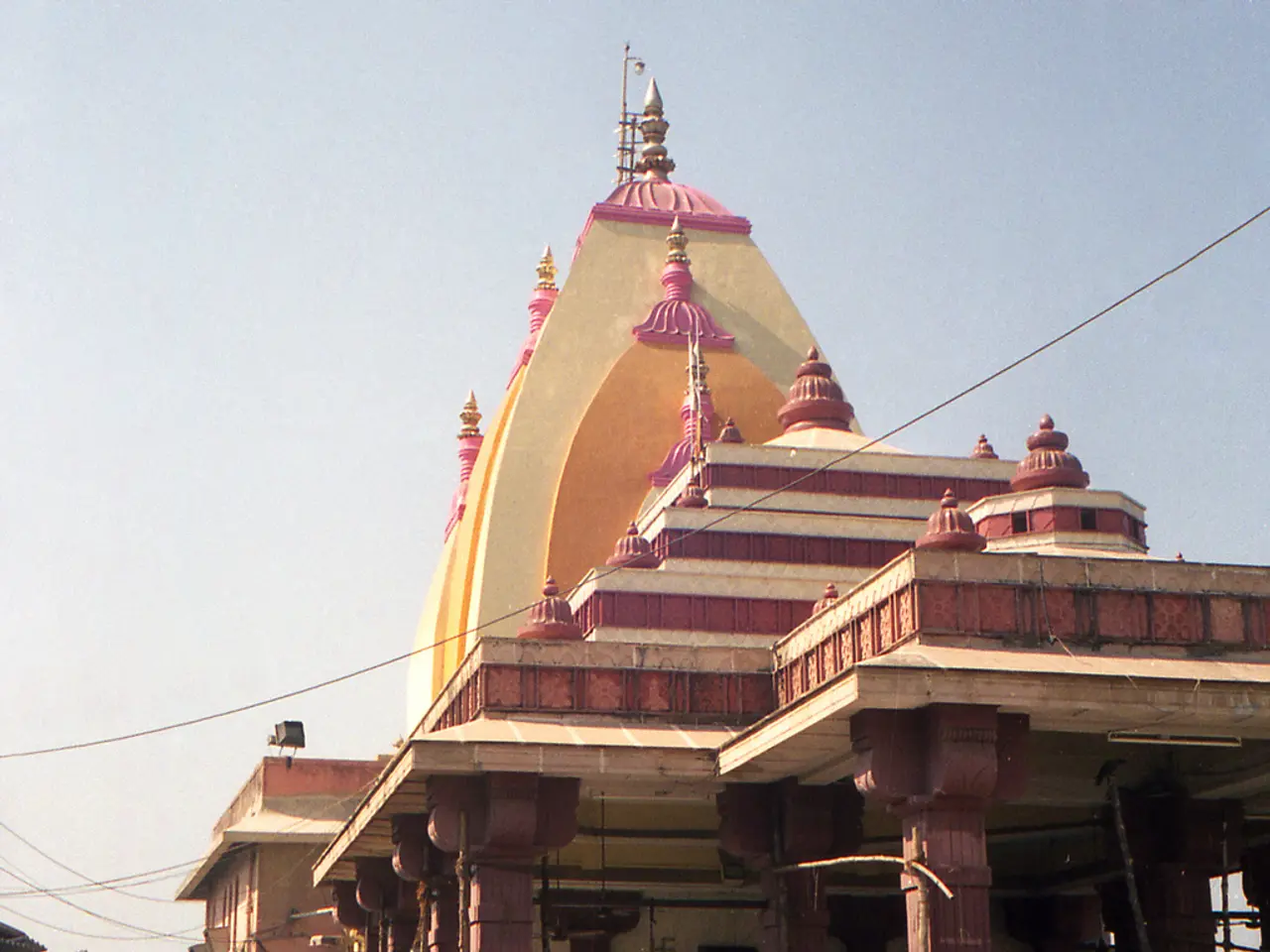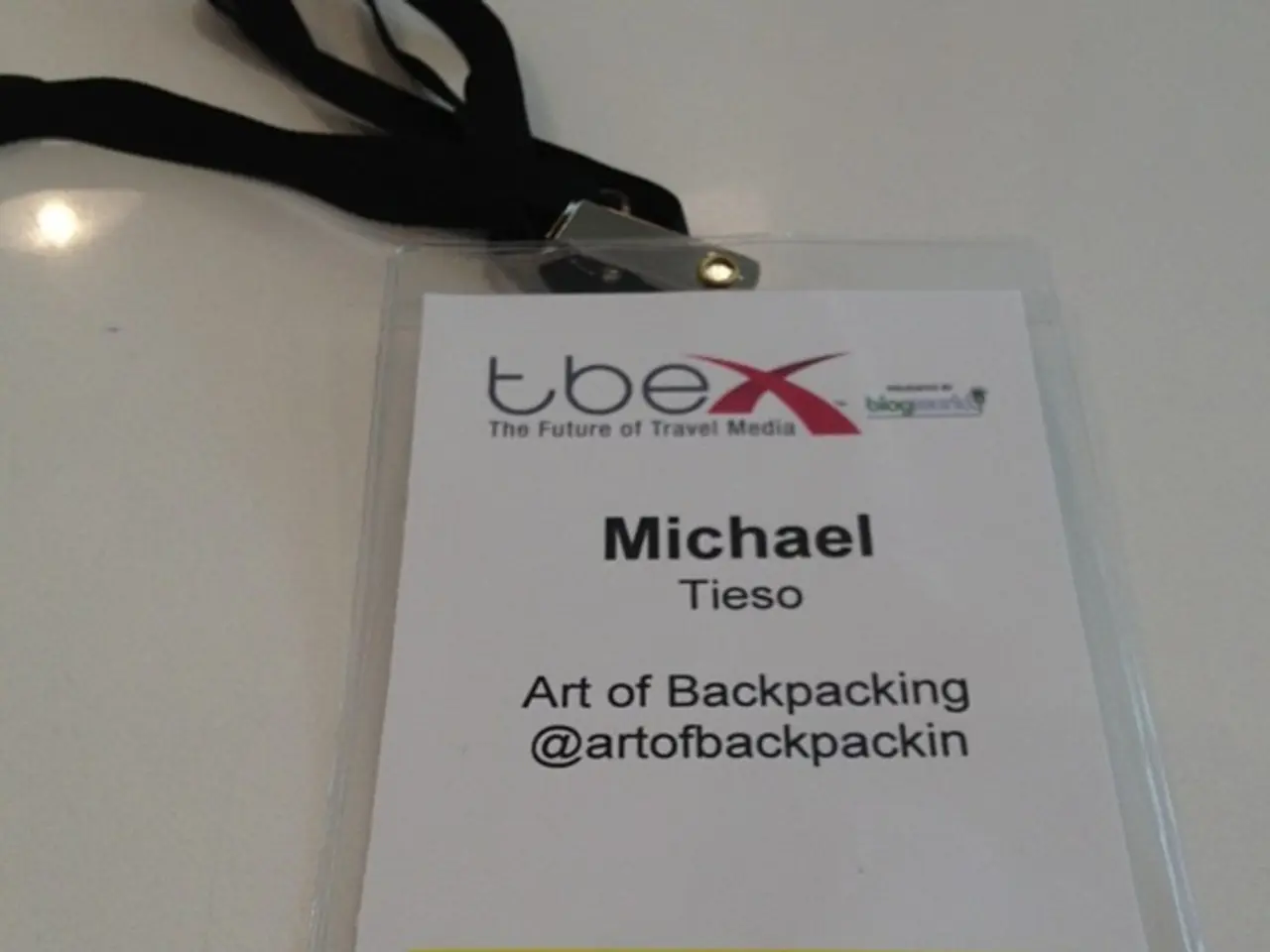Depicting Hindu deities disrespectfully is prohibited, as determined by the Madras High Court, in a renewed case concerning a controversial Facebook post about Lord Krishna.
In a recent ruling, the Madras High Court has criticized the Tamil Nadu Police for closing a criminal case related to a Facebook post containing vulgar captions alongside an image of Lord Krishna. The case, which was initially closed as 'undetected', has been reopened following the court's intervention.
The post in question contained two Tamil comments, including a remark that Krishna Jayanti was a celebration of a man who stole the clothes of bathing women. The police filed a negative final report before the trial court in February, claiming they were unable to secure user details from Meta (which owns Facebook) due to the need for a Mutual Legal Assistance Treaty (MLAT) request or letter rogatory.
However, the High Court stated that the investigation was not pursued diligently, and the final report appeared to have been filed mechanically. Justice K Murali Shankar emphasized that the depiction of religious figures must be handled with due sensitivity and that the government must ensure that freedom of speech does not translate into hurting religious feelings.
Advocate S Saravanan appeared for the petitioner, P Paramasivan, who alleged that the post was uploaded with the intent to defame Hindu gods and damage the image of Hindu women. The post was made on an account belonging to one Sathish Kumar.
The Court highlighted that personal details on the Facebook page in question could have been verified to trace the Facebook user. The August 4 ruling stated that depicting Hindu Gods in a disrespectful manner, intentionally hurting the sentiments of millions, cannot be justified, as such actions have the potential to spark enmity, religious outrage, social disorder, and undermine communal harmony.
The High Court has ordered the police to resume the investigation and file a final report in three months, pulling up the police for not being diligent in pursuing the criminal case. The Court further noted that the story of Lord Krishna hiding the clothes of gopis is viewed as a symbolic tale with multiple interpretations, including that it was a test to see whether the devotion of the gopis transcended worldly attachments.
India's laws and court rulings prohibit the depiction of religious figures in a disrespectful manner on social media if such depiction is intended to hurt religious sentiments, promote enmity, or disturb public order. These actions can trigger criminal charges under several provisions of the Indian Penal Code (IPC) and the Information Technology Act, 2000.
For example, in a 2022 case involving a Facebook post disrespecting Hindu gods, police registered an FIR under these sections but faced challenges in obtaining user details from Facebook due to international legal cooperation issues. The case was eventually closed as "undetected" despite the serious nature of the allegations.
Indian courts have also emphasized the balance between freedom of expression and protection of religious sentiments. Intentionally disrespecting religious figures is typically not justified under freedom of speech if it threatens public order and communal harmony.
Besides these, social media use promoting radical ideologies or incitement to violence can come under laws such as the Unlawful Activities (Prevention) Act (UAPA), which courts have upheld even when no physical acts occur, so long as the social media content incites terrorism or violence.
Recent provisions such as Section 152 of the Bharatiya Nyaya Sanhita (2023) penalize acts including incitement to religiously motivated violence or promotion of enmity between groups, reflecting ongoing legislative responses to hate speech and communal tensions on social media.
Some Indian states are considering or have proposed strict laws that impose heavy penalties and empower authorities to ban or penalize the spread of “fake news” or hateful speech on social media, although such proposals have faced criticism for potentially over-broad scope and executive overreach.
The Madras High Court has expressed concern about the Tamil Nadu Police's handling of a criminal case relating to a disrespectful depiction of Lord Krishna on social media, particularly Facebook. It has ordered the police to resume the investigation and file a final report within three months, emphasizing that such actions, intentional to hurt religious sentiments and with the potential to spark enmity and social disorder, are punishable under various Indian laws and court rulings.
In addition, the Court highlighted the balance between freedom of expression and protection of religious sentiments, noting that intentionally disrespecting religious figures on social media, when it threatens public order and communal harmony, is generally not justified under freedom of speech.




